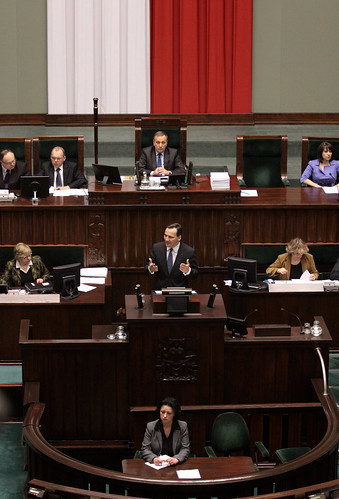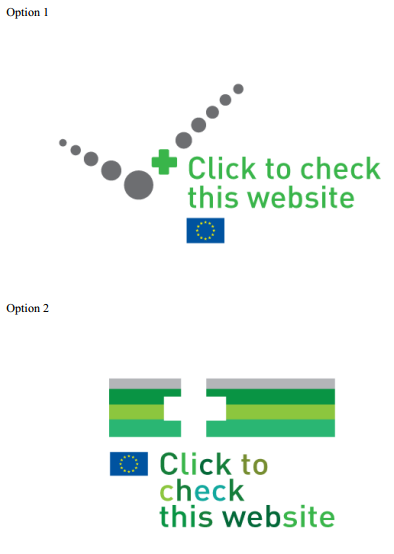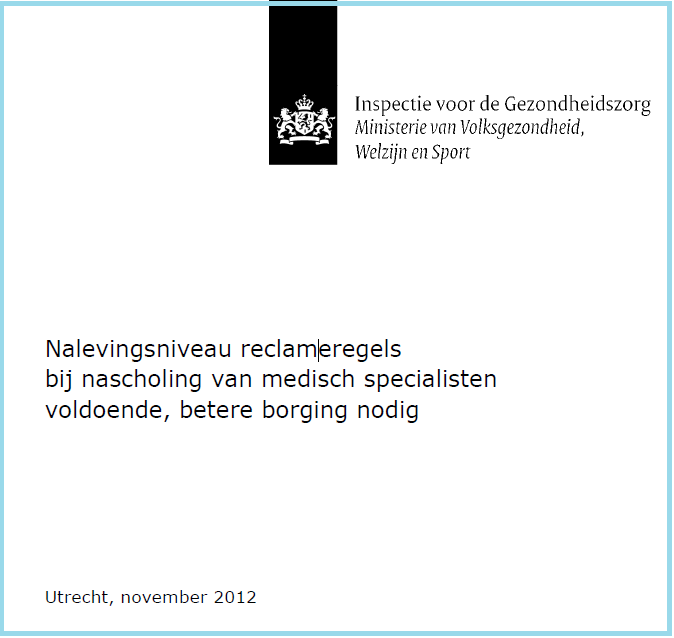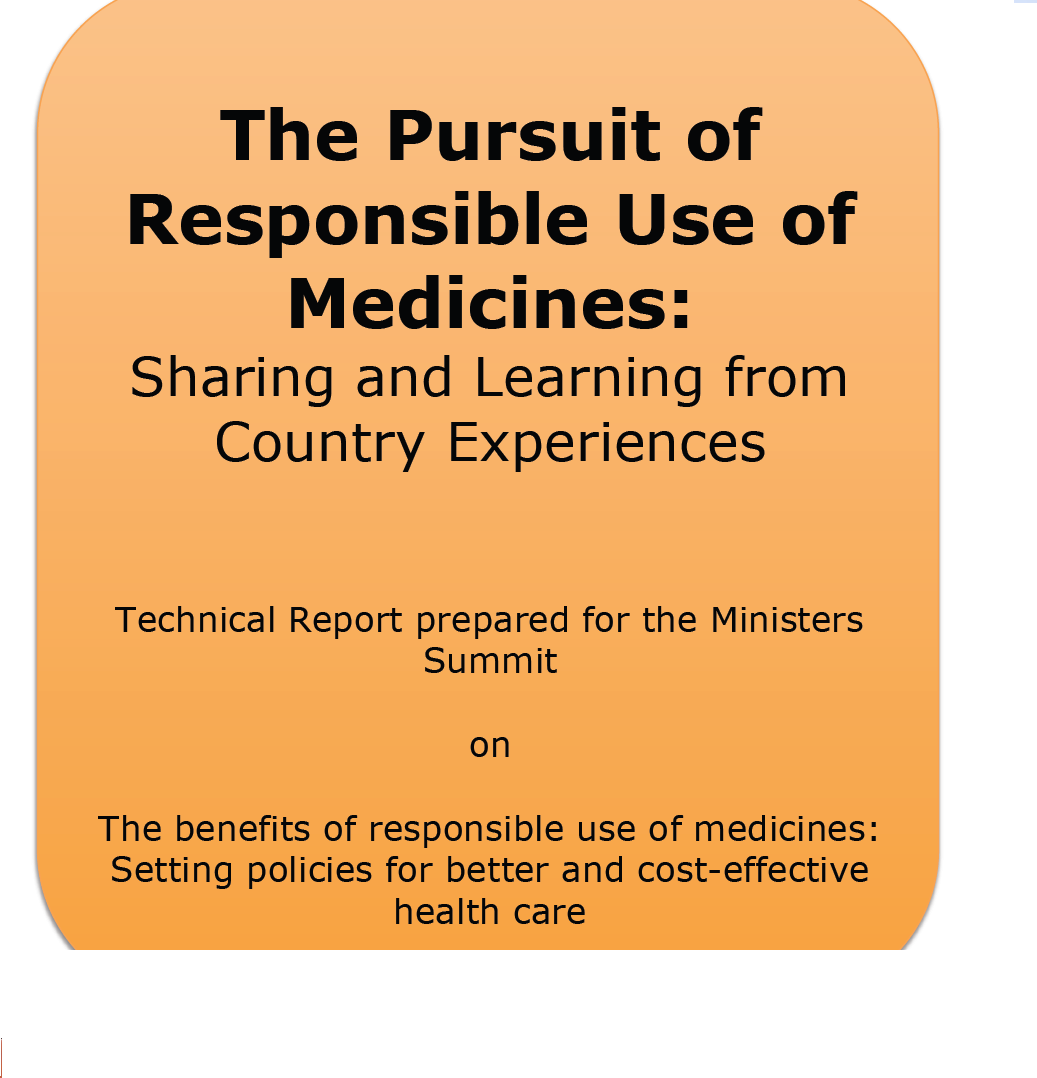Strategic recommendation 2: Invest to ensure national medicines procurement and supply systems are efficient and reliable to support the responsible use of medicines.
A robust health-‐‑care system needs to be able to support the responsible use of medicines by assuring that essential medicines are procured efficiently through centralized tenders, delivered effectively to health providers and patients without stockouts, and routinely checked to assure quality. The reliability and effectiveness of the system is necessary for the right medicine to be available to the right patient at the right time; the efficiency of medicines procurement is of the essence to ensure public spending provides the best value for money.
Tactical recommendation 2.1: Establish centralized, tender-‐‑based procurement of essential medicines. Funds for medicines provided by international aid organizations should preferably be used through the same system, and comply with national priorities.
Tactical recommendation 2.2: Establish routine quality testing procedures to verify that medicines procured through the national tendering system are of assured quality. Results of quality tests should inform the selection of medicine suppliers.
Tactical recommendation 2.3: Establish a routine performance feedback system to ensure that suppliers who cannot deliver medicines of assured quality in time are informed, and excluded from future tenders.
Strategic recommendation 3: Promote a shift in focus to early screening and accurate diagnosis to guide/inform medicines prescription and avoid overuse, underuse and misuse of medicines.
Medicines prescribed on the basis of an inaccurate diagnosis are a waste of resources, and a late diagnosis can adversely affect the health outcomes of an otherwise effective treatment. The consequences of a late or inaccurate diagnosis range from unnecessary side effects to hospitalization and inefficient use of resources. Early screening of at-‐‑risk patients, and diagnostics, are powerful tools in the pursuit of a responsible use of medicines. While diagnostics do have a cost, the potential benefits (both in health and savings) are considerable and outweigh the initial investment.
Tactical recommendation 3.1: Promote focus on accurate diagnosis, with the aid of diagnostics where possible, in order to guide the appropriate prescription of medicines.
Tactical recommendation 3.2: Mandate early screening in at-‐‑risk segments of the population to ensure patients are diagnosed in time to maximize the benefits of treatment.
Strategic recommendation 4: Facilitate the implementation of evidence-based treatment guidelines; where they exist, remove regulatory or administrative barriers and directly target all key stakeholders: prescribers, dispensers and patients.
The underuse, overuse and misuse of medicines can have adverse consequences on health outcomes and expenditure, and are often due to a lack of stakeholder awareness or engagement. Evidence-‐‑based treatment guidelines can be effective in avoiding this, and governments should facilitate their implementation by realigning regulatory/ administrative incentives to improve medicine use and to promote a culture in which prescribers, dispensers and patients value and advocate the responsible use of medicines.
Tactical recommendation 4.1: Sensitize and promote the engagement of prescribers, dispensers
and patients through multi-‐‑stakeholder workshops, determining educational requirements for
health-‐‑care professionals, and public information campaigns.
Tactical recommendation 4.2: Reassess regulatory requirements on the dispensing of selected
medicines to ensure their wider availability and accessibility. Regulations should permit over-‐‑
the-‐‑counter availability of medicines of appropriate risk–benefit.
Tactical recommendation 4.3: Reduce redundant paperwork and the administrative burden of
prescribing/dispensing particular essential medicines to ensure appropriate patient access.
Strategic recommendation 5: Promote initiatives that put patients at the centre of treatment in order to maximize adherence to therapy.
Poor adherence can impair the efficacy and safety of medicines, reduce the full benefits of treatment, and lead to unnecessary adverse events and hospitalization. Governments should take the lead in promoting, through national health policy, comprehensive initiatives to improve adherence to medicine treatment. To achieve this complex goal, community-‐‑based interventions should be explored to bring health-‐‑care professionals and the treatment as close as possible to patients and their lifestyles.
Tactical recommendation 5.1: Promote the creation of, and provide technical support to community-‐‑based initiatives aimed at improving patient engagement and adherence to treatment.
Tactical recommendation 5.2: Facilitate health-‐‑care professionals in providing closer therapy
support to patients, to motivate their health-‐‑seeking behaviour.
Strategic recommendation 6: Monitor medicine use, from purchase to health outcome, to evaluate the real-world efficacy of treatment and guide evidencebased policy-making.
Policy-‐‑making aimed at improving the responsible use of medicines is only effective if it is monitored. Records of medicine expenditure provide a good picture of medicine use. Ultimately, patient use and health outcomes should be longitudinally monitored to evaluate adherence and the real-‐‑world effectiveness of medicines. The value of monitoring to improve resource allocation has been repeatedly demonstrated in hospitals; such monitoring should become routine in health-‐‑ care institutions at all levels.
Tactical recommendation 6.1: Institute a system of centralized monitoring of the purchase of medicines to inform budgeting and ensure optimal funding allocation to essential medicines.
Tactical recommendation 6.2: Collect data on medicine use at the national level to identify and evaluate prescribing trends and expenditure.
Tactical recommendation 6.3: Design a system to measure patient use of medicines, preferably at the point of dispensing, to assess patient adherence to therapy.
Tactical recommendation 6.4: Design a system to collect and aggregate information on patient health outcomes to measure real-‐‑world efficacy and safety of medicine use.
Strategic recommendation 7: Ensure sustained, top-down commitment of national authorities and promote active, bottom-up engagement of prescribers, patients and dispensers to the principles and policies fostering the responsible use of medicines.
Government commitment is essential for a more responsible use of medicines. Commitment should be manifested by providing resources to upscale effective interventions to achieve their full potential, sustained support to successful interventions for as long as needed to ensure sustained results, and by directly engaging national and regional stakeholders to promote top-‐‑down commitment coupled with bottom-‐‑up engagement of prescribers, dispensers and patients.
Tactical recommendation 7.1: National authorities should provide sustained, top-‐‑down policy and financial commitment to initiatives fostering a responsible use of medicines.
Tactical recommendation 7.2: Build consensus on medicine use among national and local stakeholders by stimulating the active engagement of prescribers, dispensers and patients.
 DECISION of the Sejm of the Republic of Poland of 10 October 2012 on non-compliance with the subsidiarity principle of the proposal for a regulation of the European Parliament and of the Council on clinical trials on medicinal products for human use, and repealing Directive 2001/20/EC
DECISION of the Sejm of the Republic of Poland of 10 October 2012 on non-compliance with the subsidiarity principle of the proposal for a regulation of the European Parliament and of the Council on clinical trials on medicinal products for human use, and repealing Directive 2001/20/EC
 De Koninklijke Nederlandse Maatschappij ter bevordering der Pharmacie (KNMP) heeft het adviesbureau Booz & Company opdracht gegeven voor het maken van dit rapport dat apotheker zorgkosten kunnen drukken. Dit rapport is (nog) niet openbaar beschikbaar. Hierover worden vragen gesteld door lid Bruins Slot aan minister Schippers (VWS). Een paar vragen zijn hieronder gezet :
De Koninklijke Nederlandse Maatschappij ter bevordering der Pharmacie (KNMP) heeft het adviesbureau Booz & Company opdracht gegeven voor het maken van dit rapport dat apotheker zorgkosten kunnen drukken. Dit rapport is (nog) niet openbaar beschikbaar. Hierover worden vragen gesteld door lid Bruins Slot aan minister Schippers (VWS). Een paar vragen zijn hieronder gezet :
 Consultatie loopt tot 17 January 2013, inzenden via
Consultatie loopt tot 17 January 2013, inzenden via  Uit de samenvatting: De Inspectie voor de Gezondheidszorg (inspectie) inspecteerde in het najaar van 2011 onaangekondigd tien nascholingsbijeenkomsten specifiek gericht op medisch specialisten. De inspectie onderzocht of de reclameregels voor geneesmiddelen voldoende werden nageleefd. Dat was bij negen van de tien nascholingsbijeenkomsten overwegend het geval. De inspectie wil desondanks een aantal structurele verbeteringen zien.
Uit de samenvatting: De Inspectie voor de Gezondheidszorg (inspectie) inspecteerde in het najaar van 2011 onaangekondigd tien nascholingsbijeenkomsten specifiek gericht op medisch specialisten. De inspectie onderzocht of de reclameregels voor geneesmiddelen voldoende werden nageleefd. Dat was bij negen van de tien nascholingsbijeenkomsten overwegend het geval. De inspectie wil desondanks een aantal structurele verbeteringen zien. Minister Schippers kondigt per Kamerbief de ministeriële regeling aan met betrekking tot het voorschrijven van Uitsluitend Recept-geneesmiddelen (hierna: UR-geneesmiddelen) door bepaalde categorieeen van verpleegkundigen. De UR-geneesmiddelen die door bepaalde categorieën deskundigen voorgeschreven mogen worden hebben betrekking op de gebieden van astma en COPD, diabetes mellitus en oncologie. De voorlegging van de ministeriële regeling geschiedt ter uitvoering van de voorhangprocedure in
Minister Schippers kondigt per Kamerbief de ministeriële regeling aan met betrekking tot het voorschrijven van Uitsluitend Recept-geneesmiddelen (hierna: UR-geneesmiddelen) door bepaalde categorieeen van verpleegkundigen. De UR-geneesmiddelen die door bepaalde categorieën deskundigen voorgeschreven mogen worden hebben betrekking op de gebieden van astma en COPD, diabetes mellitus en oncologie. De voorlegging van de ministeriële regeling geschiedt ter uitvoering van de voorhangprocedure in 
 Nederland is van mening dat een vrijstelling van de EU ggo wet- en regelgeving alleen tot de mogelijkheden behoort wanneer een bepaalde techniek, in dit geval
Nederland is van mening dat een vrijstelling van de EU ggo wet- en regelgeving alleen tot de mogelijkheden behoort wanneer een bepaalde techniek, in dit geval  Een samenvatting van de brief met de volgende onderwerpen:
Een samenvatting van de brief met de volgende onderwerpen: Summary of recommendations:
Summary of recommendations:
















